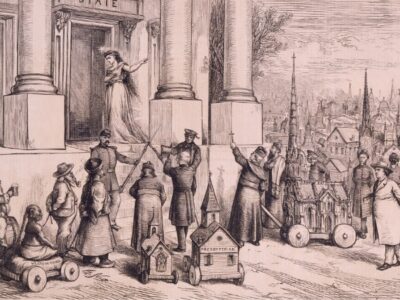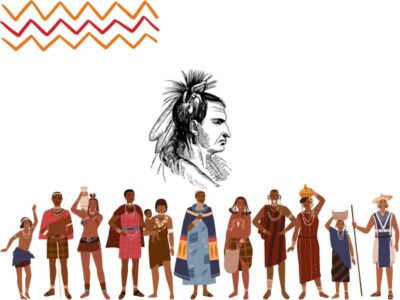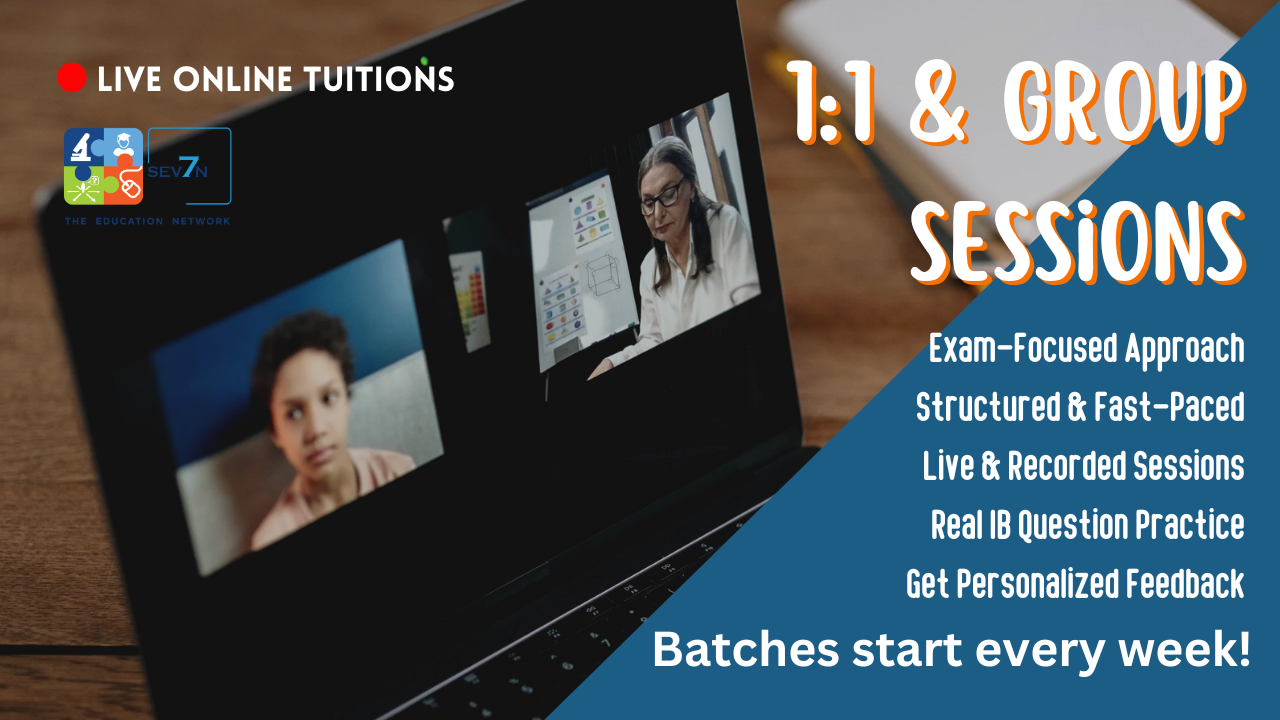Optional Themes in Theory of Knowledge (TOK): Unveiling the Pillars of Knowledge in the IB Curriculum
Theory of Knowledge (TOK) forms the cornerstone of the International Baccalaureate (IB) curriculum, challenging students to question the nature of knowledge and its construction. It’s not just an academic exercise but a journey into understanding the complexities of what we know and how we know it.
Multidisciplinary perspectives on emerging challenges, opportunities,
Exploring the Core of TOK: Optional Themes
TOK is enriched by several optional themes, each offering a unique lens to view knowledge. These themes are not just academic categories but pathways to diverse understanding, essential for a rounded perspective on knowledge.
Unpacking the Optional Themes
The optional themes in TOK span various domains, from technology and language to politics and religion. Each theme provides a context for students to delve into the nature of knowledge in different fields.
The Interconnection Between Core and Optional Themes
These themes do not exist in isolation but interconnect with TOK’s core areas, offering a richer, more comprehensive understanding of knowledge. For instance, how does technology shape our perception of truth?
Knowledge and Technology: A Deep Dive
In an era dominated by technology, this theme explores its impact on our understanding of knowledge. It questions the reliability of knowledge generated and shared through technological means. Read More…
Knowledge and Language: Exploring Linguistic Nuances
Language shapes our reality. This theme delves into how linguistic nuances influence our perception and categorization of knowledge, highlighting the subjectivity in our understanding of the world. Read More…

Bridging Cultures through Language: An artistic representation of a multilingual learner embracing global communication in the digital age.
Knowledge and Indigenous Societies
This theme brings to light the rich tapestry of knowledge in indigenous societies, often overlooked in mainstream education. It challenges students to appreciate the depth and validity of non-Western knowledge systems. Read More…
Knowledge and Religion: A Comparative Study
Here, students examine the knowledge framework within various religions, contrasting it with scientific approaches. This theme fosters an understanding of the diverse ways humans comprehend the universe. Read More…
Knowledge and Politics: Power Dynamics
This theme critically assesses the influence of politics on knowledge creation and dissemination, exploring cases where political power shapes what is accepted as ‘knowledge’. Read more…
Implementing Optional Themes in the Classroom
Effective teaching strategies are crucial for bringing these themes to life in the classroom. Engaging students with real-world applications makes these themes relatable and impactful.
The Impact of Optional Themes on Students’ Perspective
These themes broaden students’ horizons, encouraging them to think critically and appreciate multiple perspectives, a key skill in our interconnected world.
Challenges in Understanding Optional Themes
Understanding these themes requires overcoming biases and embracing diverse viewpoints, a challenging but essential part of the TOK journey.
The Future of TOK: Predicting Trends
As our world evolves, so do the themes in TOK. Anticipating future trends in knowledge helps students stay ahead in a rapidly changing world.

Echoes of Reformation: A detailed etching capturing a moment of religious transformation, as reformers remove symbols of the old church to make way for the rise of Presbyterianism amidst a historical European setting.
Resources for Deepening Understanding of TOK
A wealth of resources, from academic journals to online forums, are available for students and educators to deepen their understanding of these themes.
Assessing Knowledge in TOK: Optional Themes
Assessment in TOK with optional themes involves not just rote learning but evaluating the depth of understanding and application of these themes.
The Global Impact of TOK Optional Themes
These themes prepare students for a globalized world, promoting international understanding and cooperation.
Bridging Theory and Practice in TOK
Practical applications of these themes in real-world scenarios help students bridge the gap between theory and practice, making TOK studies more relevant.
Student Experiences with Optional Themes
Hearing from students who have navigated these themes offers valuable insights into their impact on personal and intellectual growth.
The Role of Educators in TOK Optional Themes
Educators play a pivotal role in guiding students through these themes, facilitating discussions, and nurturing critical thinking.
Evaluating the Effectiveness of Optional Themes
Feedback from the TOK community and studies on the effectiveness of these themes are crucial for their continual refinement and effectiveness.
The Ethical Dimensions of Knowledge in Optional Themes
These themes often involve ethical considerations, prompting students to evaluate the moral implications of different types of knowledge.
Comparing TOK with Other Educational Frameworks
Understanding how TOK’s approach to knowledge differs from other educational frameworks offers insights into its unique benefits and challenges.

Cultural Tapestry Through Time: A vibrant assembly of historical figures in traditional costumes, crowned by the portrait of a Native American, celebrating the rich diversity of human heritage.
Technology’s Role in Advancing TOK Studies
Digital tools and online platforms have transformed the way TOK is taught and learned, making it more accessible and collaborative.
Preparing for TOK Assessments with Optional Themes
Strategies for excelling in TOK assessments with these themes involve not just understanding but also the application of knowledge.
Conclusion: The Lasting Impact of TOK
TOK, with its optional themes, leaves a lasting impact on students, equipping them with the tools to navigate the complex world of knowledge.





